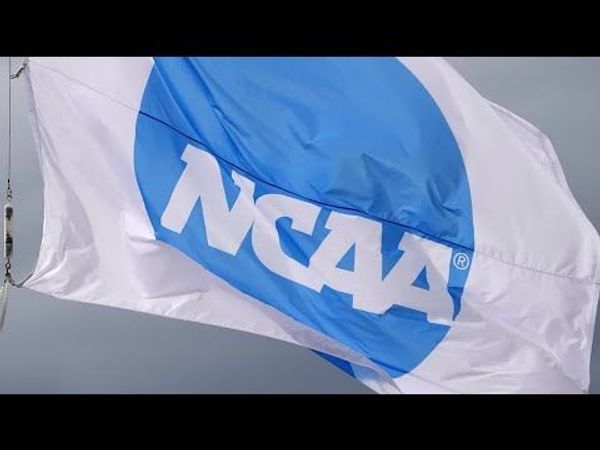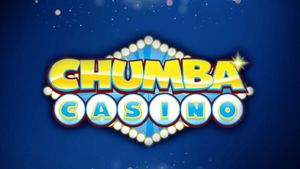NCAA clarifies compensation rules, crackdown on NIL brokering in doubt
Last updated May 10, 2022

Eleven months after the NCAA lifted most restrictions on athletes monetizing their fame, college sports leaders are attempting to send a message to schools and boosters it believes have crossed the line.
However, following the Supreme Court's antitrust ruling against the NCAA last year, people came to doubt the possibility of a crackdown on so-called collectives brokering name, image, and likeness deals.
"I didn't think (the NCAA) would not try at some point," Maddie Salamone, a sports attorney and former Duke lacrosse player, said. "That's why many attorneys have been kind of giving cautious advice in terms of what is and is not allowed. Especially when it comes to collectives and different NIL deals."
On Monday, the NCAA's Division I Board of Directors approved a rule that clarified the types of NIL payments and booster involvement that are regarded as infringements.
"Specifically, the guidance defines as a booster any third-party entity that promotes an athletics program, assists with recruiting or assists with providing benefits to recruits, enrolled student-athletes or their family members," according to the NCAA release. "The definition could include ‘collectives’ set up to funnel name, image and likeness deals to prospective student-athletes or enrolled student-athletes who might be considering transferring."
Recruiting rules prohibited boosters from recruiting or providing benefits to prospects, the NCAA reminded.
The guidance took effect immediately. If a violation occurred before May 9, 2022, NCAA enforcement staff were instructed to investigate on the actions that clearly contradict the published interim policy, including the most serious violations of recruiting regulations or payment for athletics performance.
No new rules or amendments to existing ones have been made by the NCAA.
"I don’t think they’re even necessarily clarifying the rules," said attorney Darren Heitner, who helped craft Florida's NIL law. "My understanding is this is just certain individuals who have made up a working committee deciding that after almost 11 months we want to enforce our rules."
In February, the board asked the DI Council to review the NCAA's interim NIL policy. Many in college sports fear that collectives are paying high school recruits and college athletes to transfer to a specific school.
"Some things look very much like pay-for-play," Salamone said. "There are rules on the books within the NCAA around boosters. The fact that the NCAA has been hesitant to enforce anything I think has emboldened a lot of people around this issue to be a little bit more obvious."
Lifted regulations
Sponsorship and endorsement deals were previously banned by the NCAA, but this restriction was lifted in 2021. However, the three pillars of the NCAA's amateur athlete model remained in place.
First, no one should be able to pay athletes for doing nothing but playing their sport. Second, compensation cannot be used to attract an athlete to a particular university. Lastly, financial arrangements must include some type of compensation agreement, such as a payment for a social media post.
It is not a violation of NCAA rules for boosters to participate in NIL activities. It was difficult for schools and the association to agree on what activities were prohibited due to the lack of specific NCAA rules as well as state-level NIL laws that varied from state to state.
Boosters are also prohibited by state law from engaging with recruits, but enforcement of these laws has been minimal.









